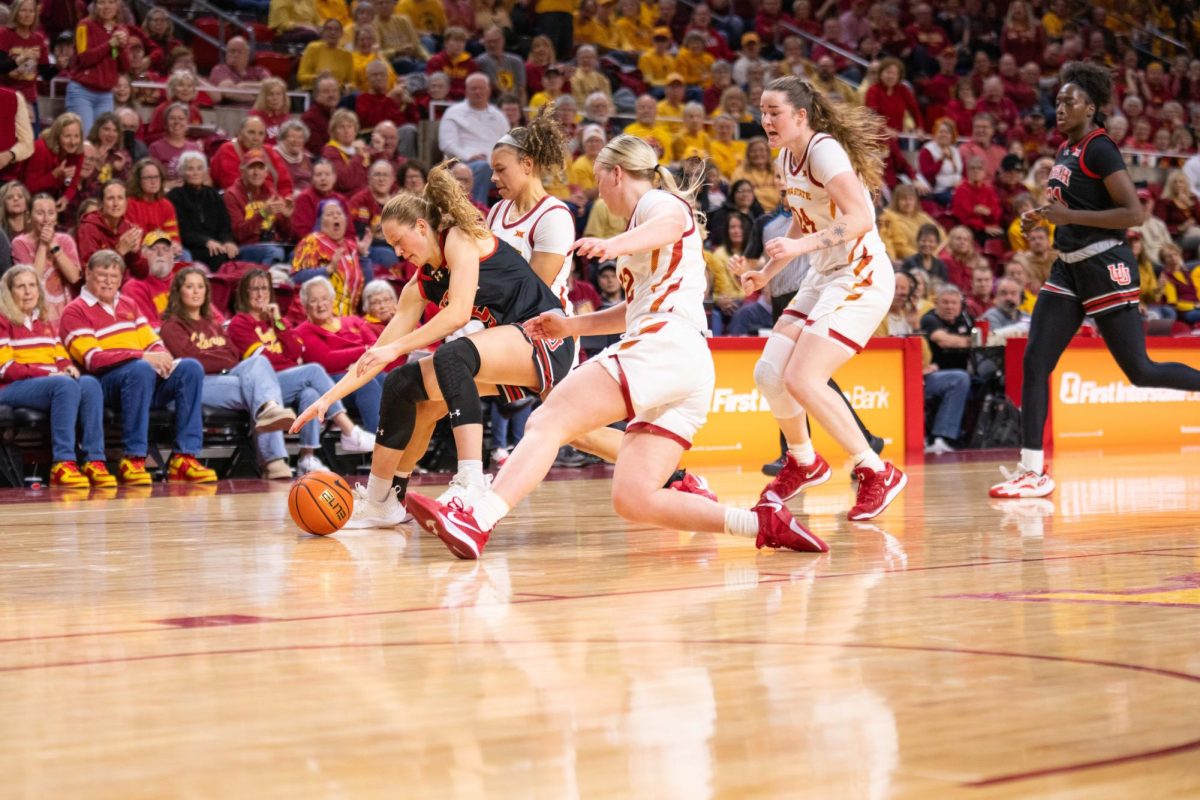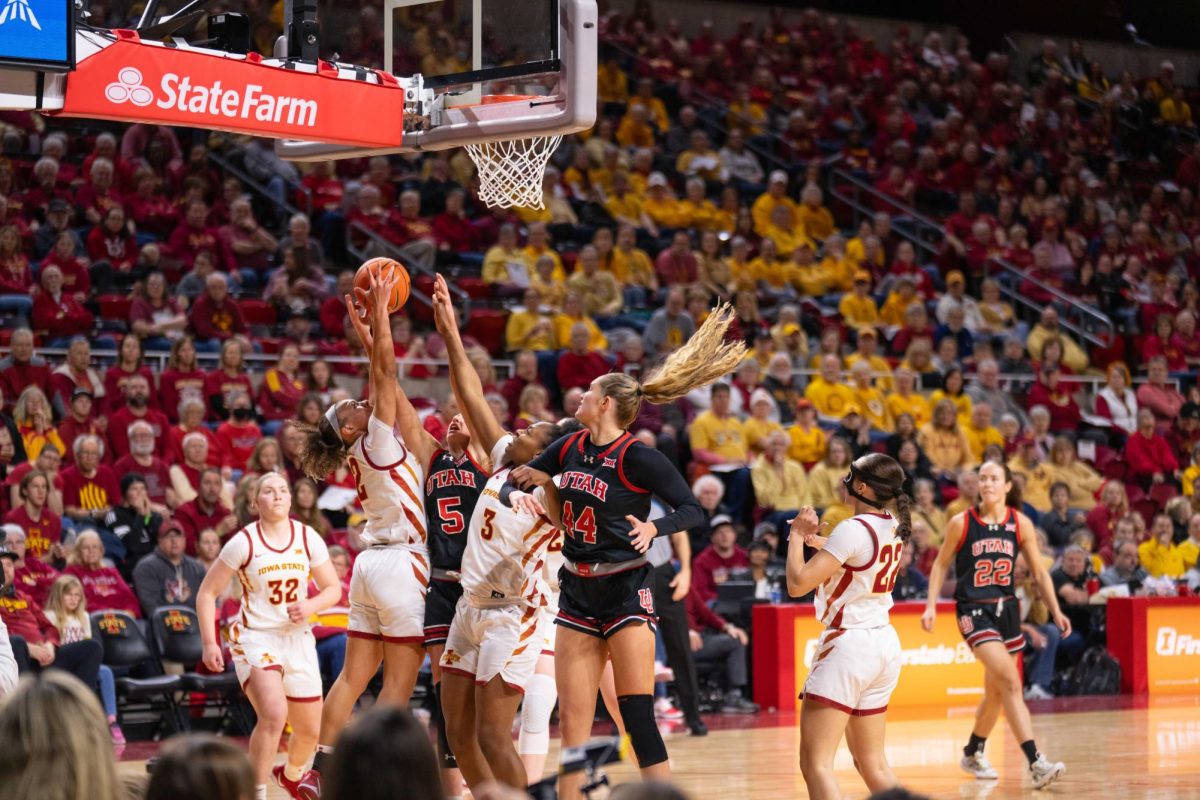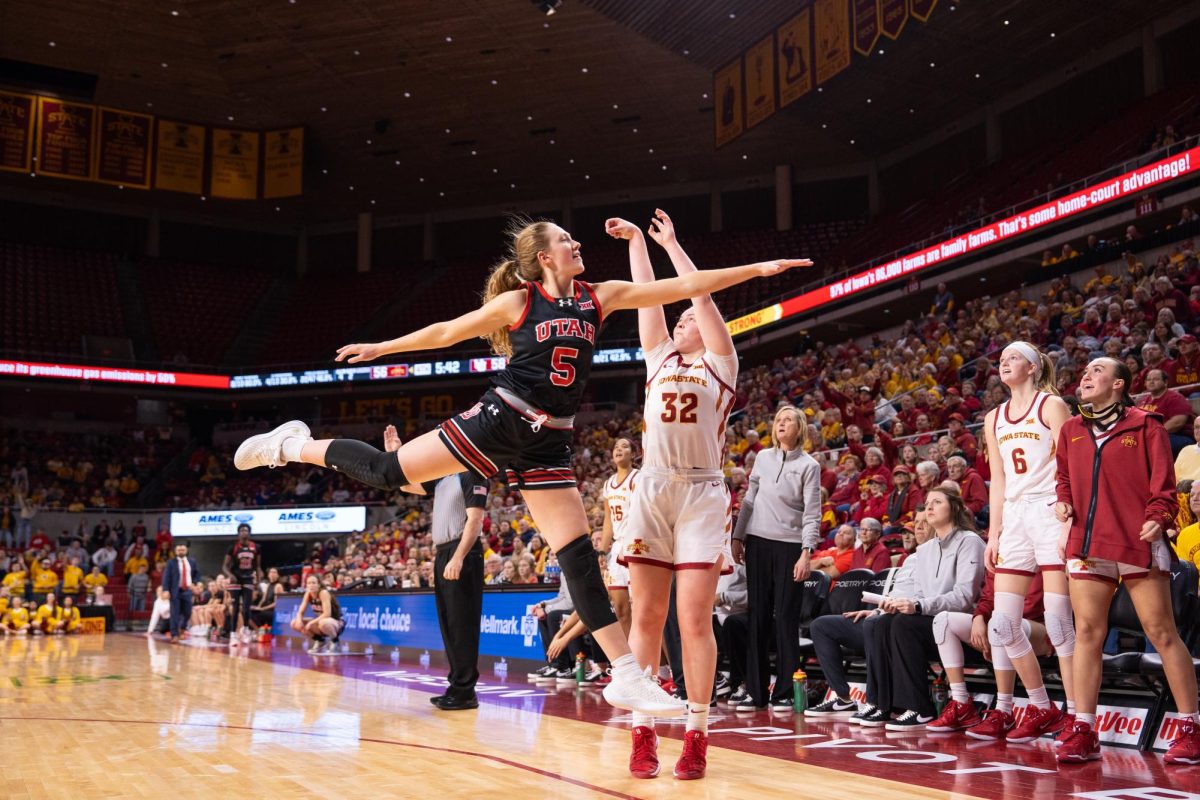Faculty Senate approves Dead Week policy proposal
April 10, 2002
The Faculty Senate heard proposals to alter the Dead Week policy and the academic calendar at its meeting Tuesday. The Senate approved the 25th draft of the Dead Week policy proposal, which was presented by student leaders.
Government of the Student Body President Andy Tofilon and President-elect T.J. Schneider presented the proposal to the senate.
The proposed policy states that major course assignments should be due no later than the Friday prior to Dead Week.
Faculty members expressed concern over the new policy limiting academic freedom.
But Provost Rollin Richmond defended GSB’s proposal.
“The purpose of the motion is to improve the quality of learning of students. I don’t think that their [Tofilon and Schneider’s] intent is to infringe on academic freedom,” he said.
Many senators felt the policy would limit teaching time, which might mean some material would not be covered.
“One size doesn’t fit all. Different disciplines are taught differently,” said Hamilton Cravens, professor of history. “We should extend the semester to include a reading period.”
Jim Hutter, associate professor of political science, liked the policy because it would give faculty members more time.
“One way or another, Dead Week is a time when a lot of stuff gets done. Dead Week is busy for the faculty and students,” he said. “They are just trying to spread it out a little.”
The senate approved the motion.
The senate also passed a motion to change the academic calendar.
According to the proposal: “Classes for spring semester shall not begin prior to the day following the Martin Luther King national holiday celebration. Spring break shall occur between the end of first half-semester classes and the beginning of second-half semester classes. Fall semester exams shall conclude on or before December 18th unless that is a Thursday, in which case they may conclude on Friday the 19th.”
The motion adds an extra week to semester break, and pushes the end of the spring semester back a week.
Tom Weber, professor of physics and astronomy, said the extra time between semesters would give faculty more time to prepare for the spring semester, write research grants and attend professional meetings.
The university would benefit if the calendar motion was put into place, namely in energy savings, said William Woodman, professor of sociology.
“Maximum energy savings will come from an extended break. It would be fiscally prudent to do so,” he said.
Weber said this was the policy until it was changed to the current calendar during the 1995-1996 school year.
Ganesh Rajagopalan, professor of aerospace engineering and engineering mechanics, said the calendar was changed because many students expressed a desire to shorten semester break and start summer break earlier.
A motion was also presented to the senate that would endorse efforts to make record of the Iowa State Foundation open to the public.
This motion will be considered at the Faculty Senate’s May 7 meeting.






